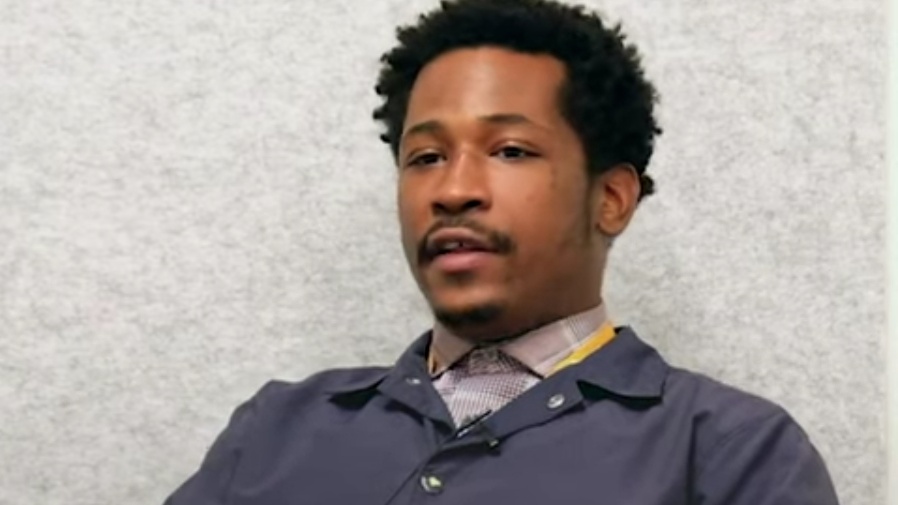Months before he was shot and killed, Rayshard Brooks sat down to discuss the hardships he faced as a Black man trying to get his life on track after being incarcerated.
“Some of the system could, you know, look at us as individuals,” Brooks said. “We do have lives. It was just a mistake we made, and not just do us as if we are animals.”
Reconnect, an organization that aims to "revolutionize the criminal justice industry," requested for people who are on probation or parole to participate in a conversation about their experience, reports 11 Alive. The 27-year-old was among those who opened up.
In the interview, which was recorded in February, Brooks said his record impedes his ability to find a job.
“That’s a hard feeling to stomach, with you going out and you're trying and by you having this so-called record, you know, it’s hindering us from going out in public to try and provide for ourselves as far as getting a job and getting our self back on track,” he said. "With the monitor, you know, some people by being arrested, it's causing us to fall behind on jobs. … We're going out to provide for our families, and it's making us fall behind.”
Brooks said when employers find out he has been convicted, they often turn him away. He said that it makes him feel as if he was “locked in boxes,” despite already serving time. While it affects him, he said, it affects his family even more.
“It’s hurting us, but it’s hurting our family the most. You know, because we have kids, we have jobs. We have a lot of things that you know, life situations,” he said. “We are individual people. So as we go through these trials and tribulations, it’s hurting our kids and it’s taking away from our families.”
While he was trying to make enough money to pay bills and support his family, he said it’s also taking away from the time he’s able to spend with his children.
“It’s just a lot of pressure you know, with just having all of that on your shoulder and on your back. It’s just a lot of pressure, and some people, they just can’t deal with it. It’s restricting us,” he said.
In the sit-down conversation, he called for reform to the justice system, saying there should be a type of mentorship component to probation.
“I want … things to be better, you know, within probation and parole and also monitoring. If you do something that’s wrong, you pay your debts to society and that’s the bottom line,” he said. “Probation [officers are] not there with you every day, like a mentor or something. They’re not taking you out to find a job. I feel like it should be a way for you to have some kind of person, like a mentor assigned to you to keep your track, keep you in the direction you need to be going.”
Brooks said that despite the hardships, he was trying.
“I’m not the type of person to give up. I’ma keep going until I make it to where I want to be,” he said.
Brooks’ widow, Tomika Miller, said he was a great father.
"They got him wrapped around their fingers," she told CNN.
Brooks was supposed to attend his eldest daughter's birthday party on Saturday but was killed Friday night.
"We still celebrated," Miller said. "It's what her dad would have wanted."
Miller broke the news to her children, saying their father was “in a better place.”
Brooks was on probation as a result of domestic-related charges from August 2014, according to 11 Alive. He served one year in jail and was serving the remainder of his sentence at home.
Reconnect's leaders said it was shocking to hear of Brooks' killing and that they wanted to share the interview to show others how he was trying to make a better life for himself and his family.
"This man came to us with a smile that stretched from ear to ear, jumping at the chance to tell us about his experience with the justice system. This man recognized the ways that the system had created barriers for him, but was trying to figure out how to move through those barriers. This man talked about how he was working to earn back the trust of his little girls after he’d spent a year away from them, locked in jail. This man talked about the imperfection of the human condition and had the persistence to keep going, to keep trying to walk down the right path and do the right things," the organization's CEO Sam Hotchkiss wrote in a statement.
